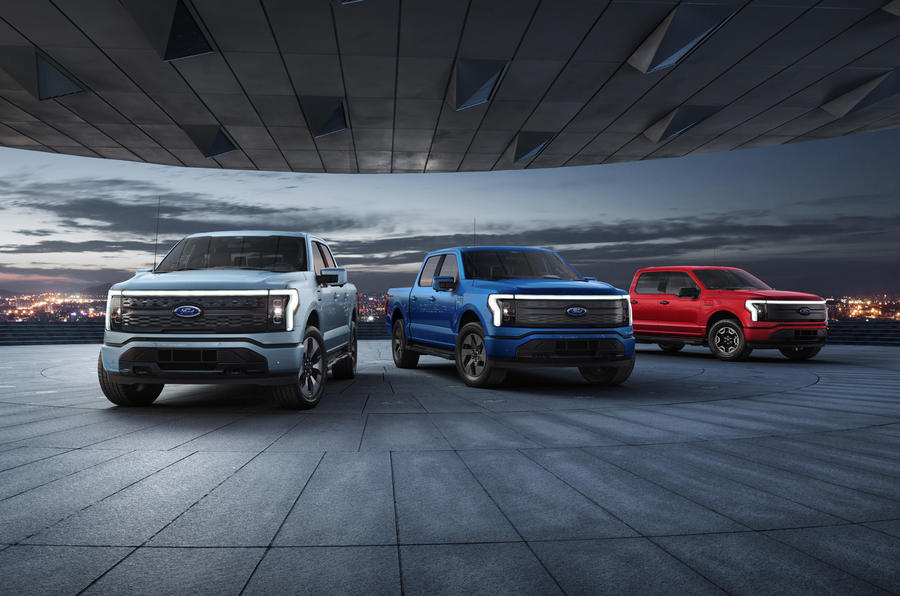President Joe Biden will announce a plan for half of all new vehicles sold in the US to be electric by 2030 and will introduce new emissions regulations from 2026, the White House has said.
The plans are not legally binding but will be confirmed when Biden signs an executive order later today. The plans do not include California, which has its own plan for all new vehicles to produce zero emissions by 2035.
The goal was supported by major US and foreign car manufacturers, as well as key industry figures. The White House said it hopes to "position America to drive the electric vehicle future forward, out-compete China, and tackle the climate crisis."
Electric, hydrogen fuel cell and plug-in hybrid vehicles with ICE elements are included in the 50% target, while other plans include developing new emissions standards through 2030 for light duty vehicles, with 2027 in mind for larger vehicles.
In a joint statement, the US’s three largest car manufacturers – Ford, GM, and Stellantis – announced their shared aspiration to “achieve sales of 40-50% of annual US volumes of electric vehicles (battery-electric, fuel cell and plug-in hybrid vehicles) by 2030 in order to move the nation closer to a zero-emissions future consistent with Paris climate goals.
“Our recent product, technology, and investment announcements highlight our collective commitment to be leaders in the US transition to electric vehicles."
BMW, Ford, Honda, Volkswagen, and Volvo also issued a joint statement, saying: “We support the administration’s goal of reaching an electric vehicle future and applaud president Biden’s leadership on reducing emissions and investing in critical infrastructure to achieve these reductions.”
Industry figures praised the move. “We are at a critical time for the auto industry as countries compete to build the vehicles of the future,” said Ray Curry, president of United Auto Workers, one of the country’s biggest workers’ unions.
“We are falling behind China and Europe as manufacturers pour billions into growing their markets and expanding their manufacturing. We need to make investments here in the United States,” Curry said.
Just 2% of cars sold in the US were electric in 2020, compared with around 10% in Europe, according to the International Energy Agency. President Biden has also called for $174 billion (£125bn) in government spending to increase electric vehicle uptake, with $100bn (£717 million) in consumer incentives and $7.5bn (£5.3bn) for EV charging stations.
READ MORE





Join the debate
Add your comment
Autocar becomes increasingly painful to read, due to the inability or refusal to grasp what's actually happening around us. Let's spell it out: internal combustion for new vehicles is dead tech. If you're considering buying a new petrol or diesel car: don't. It would be like buying a Nokia brick phone, or a camera with film in it. Would you drive to work in a steam traction engine? No. Well, soon it will be socially unnaceptable to drive a vehicle with a 'pollution pipe' unless it's a Sunday morning-only classic car. This is what is happening in the real world. 'Buyer Beware' has never been more relevant than when applied now to internal combustion vehicles.
Headline says pure EV, story makes it clear it includes plug in hybrids. Why??
In the end, i have always believed that people will chose to buy EVs once they are good enough and cheap enough, but they are along way from that now. Will that be 2030? I have no idea. At the moment they seem to be trying to make ICE cars more expensive to reduce the gap, but i suspect that will just lead to lower car sales overall, and older ICE cars being kept going longer (not a terrible result).